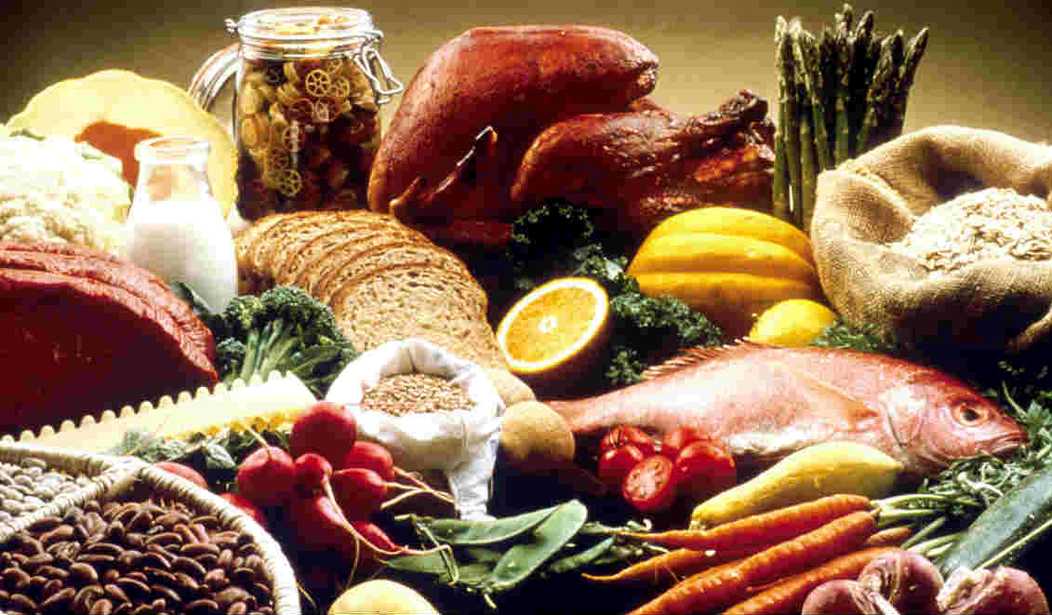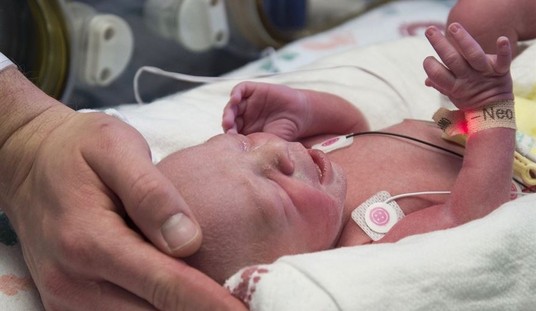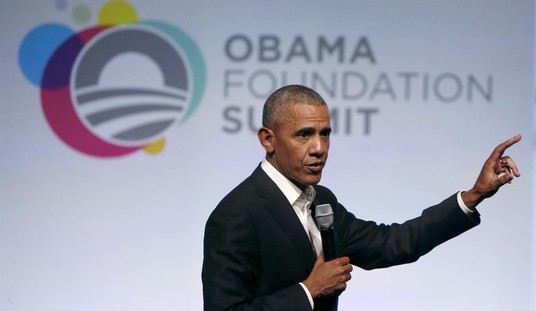Food writer and sustainable-eating advocate Michael Pollan (brother of actress Tracy Pollan and brother-in-law of actor Michael J. Fox) has a succinct theory about how humans should eat:
Eat food, not too much, mostly plants.
Armed with bachelor’s and master’s degrees in English, Pollan, who teaches at the University of California Berkeley Graduate School of Journalism, has published several books about food. Among them are The Omnivore’s Dilemma, which looks at how industrial food production interferes with the natural relationships normally created by eating; and The Botany of Desire, which examines humanity’s evolutionary bond with four plants: apples, tulips, marijuana and potatoes.
In Defense of Food, published in 2008, finds Pollan disputing much of the contemporary advice about what constitutes a healthy diet — or, as Pollan would prefer to call it, a “healthy-ish” diet.
Healthy-ish, as a concept, isn’t new. In fact, it’s the food industry’s equivalent of your mom telling you to finish your broccoli before you dive into the Twinkies, only dressed up with a sexy hyphenated coverline and some mouthwatering photos of chicken seared in a cast-iron skillet. “Healthy-ish” shouldn’t feel revolutionary. By its very definition it’s something of a big old foodie shrug—an acknowledgment that if we can’t all subsist on steamed fish and vegetables all of the time, we can at least offset the steak dinner for having salad for lunch. It is, as per Pollan at least, a philosophy that everything is best enjoyed in moderation, including moderation.
As simple as this sounds, it means that Pollan has set himself against current custom and commerce, both of which are deeply entwined with telling people what, when and how to eat — from the meat-rich Paleo diet to veganism to every passing food fad, from low-fat cookies to gluten-free bread.
On Dec. 30, a documentary based on In Defense of Food aired on PBS, but if you missed it in the holiday rush, fear not. PBS has made the entire documentary available to watch online, along with a variety of web extras. The website description reads:
“Eat food. Not too much. Mostly plants.” With that seven-word maxim, US-based journalist Michael Pollan distills a career’s worth of reporting into a prescription for reversing the damage being done to people’s health by today’s industrially driven Western diet. In Defense of Food debunks the daily media barrage of conflicting claims about nutrition. Traveling the globe and the supermarket aisles to illustrate the principles of his bestselling “eater’s manifesto,” Pollan offers a clear answer to one of the most confounding and urgent questions of our time: What should I eat to be healthy?
As one might expect, not everyone thinks Pollan has all the answers. At the website FoodInsight.org, a review of the documentary by Liz Caselli-Mechael — the director of Issues Management at the International Food Information Council in Washington, D.C. — addresses some perspectives she felt were missing.
She claims that cooking everything from scratch isn’t necessary for healthy eating, writing:
Aside from the fact that some forms of packaging and processing actually INCREASE nutritional value, packaged food plays a positive role in reducing food waste, saving time, and reducing expense. In fact, Americans get 64% of their iron, 55% of their fiber, and 48% of their calcium from processed and packaged foods.
And, while Pollan decries what he calls “nutritionism,” saying that reducing foods to their constituent parts (and valuing them by those parts) is more ideology than reality, Caselli-Mechael says, “Yes, nutrients do matter.”
The wealth of information on fats, carbohydrates, and protein (not to mention vitamins and micronutrients) can feel overwhelming. We sympathize. But deciding that nutrients somehow don’t matter or shouldn’t be considered when choosing food undermines important information that we can all use to strengthen our health.
She warns that home-cooked “junk food” or “splurge food” still lacks nutrients compared to calories, so making it yourself doesn’t make it better than it is. Also, while Pollan urges people to avoid foods that their great-grandmothers wouldn’t have recognized (which means no quinoa if your ancestors came from Ireland, for instance), Caselli-Mechael urges people not to avoid advances in food science.
“Why do you need all these special vitamins in bread?” Pollan asks, attributing it to a manufactured problem. Yes, we can make fun of old school commercials all we want. But these”‘special vitamins” have been game-changing for public health and continue to be a positive contributor to our micronutrient intake.
But she totally agrees with Pollan that, “It’s not about ‘low fat’ or cutting one ‘evil nutrient,’ and that, ‘There is no single food whose consumption or avoidance will answer our dietary prayers.”
In the end, Pollan would like people to eat foods that have sustained humans for millennia — meat, fish, fruit, vegetables and grains, without overdoing it with any one group. And he’d prefer the food look something like nature intended (and that doesn’t eliminate canned or frozen fruit and vegetables, which can be just as nutritious as fresh).
As Pollan says in the documentary, “If it came from a plant, eat it. If it was made in a plant, don’t.”









Join the conversation as a VIP Member